What To Know While Waiting for Driverless Car Technology
We’ve been hearing talk about driverless car technology for years, particularly that research is gearing up for the long haul. In fact, a 2018 report published in the International Journal of Aviation, Aeronautics and Aerospace suggested that a good chunk of people would prefer to take self-driving cars over short flights, all to avoid the hassle of security, seating and regulations. This led experts to claim that driverless car tech would disrupt the airline industry in a substantial way.
But with 2020 disrupting a lot more than anticipated, we’re left wondering how those accessible self-driving cars are coming along (because we all know that the airline industry isn’t faring its best).
The driverless car technology deets
According to Stephen Rice, driverless car research does not seem to be as hard hit from the COVID-19 pandemic as some other industries (namely the airline industry, which lost 90% of its customers in under three months).
Some self-driving cars have even been working to deliver essential goods to quarantined individuals while simultaneously providing data on vehicle performance. Right now, we know that there are various levels of autonomy that are frequently integrated into new vehicles.
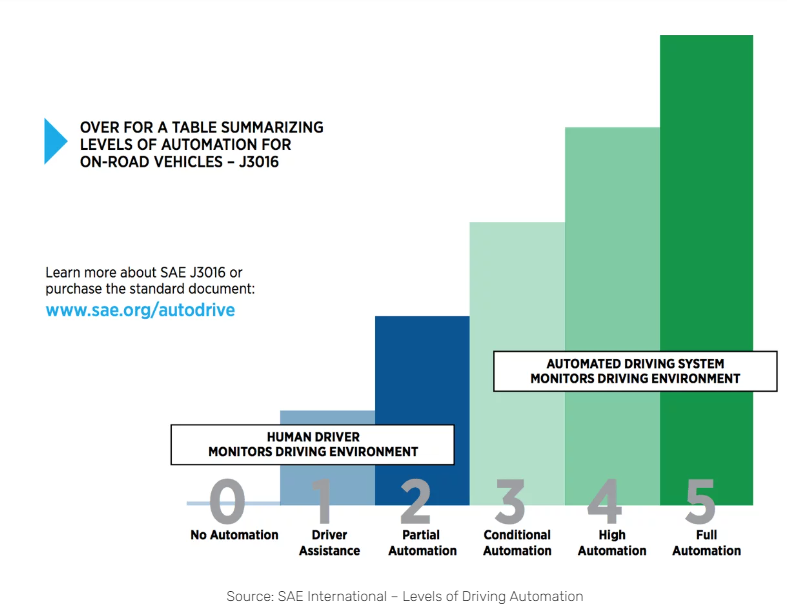
For example, you can consider HondaSensing to be Level 1 driver assistance while Tesla vehicles hold Levels 3 and 4, partial or conditional automation features.
When experts talk about self-driving vehicles, they typically mean Levels 3 and 4, conditional or high automation. Level 5, full automation, is also a part of the conversation.
In 2016, folks at GM said they wanted to be the first high-volume vehicle manufacturer to build “fully autonomous vehicles in a mass-production assembly plant.” They even invested $581 in Cruise Automation, and another $500 million for a 9% stake in the ride-sharing platform Lyft, all to have their products on the road by 2018.
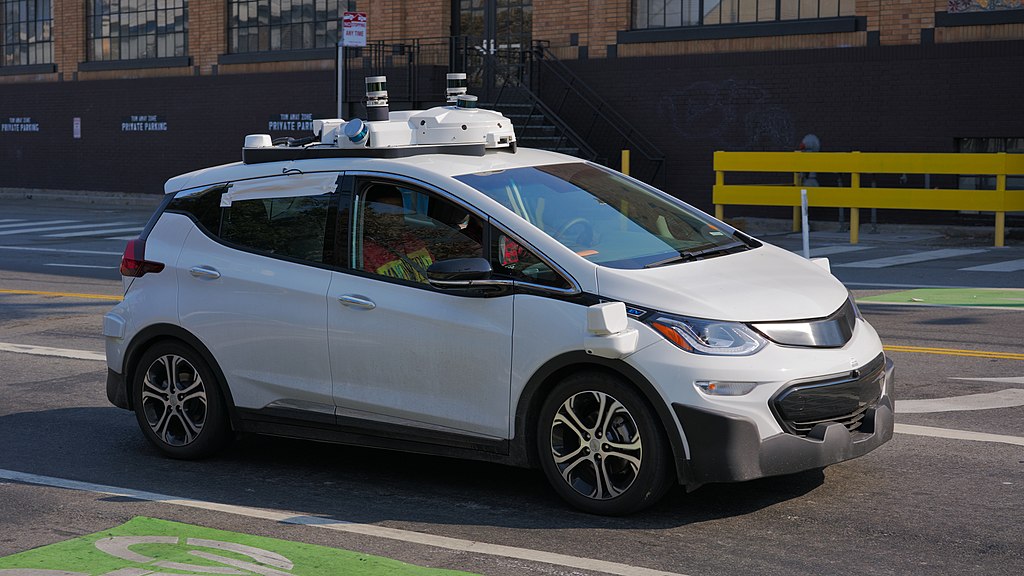
But they didn’t reach their goal. By the end of 2019, their tech needed much more testing.
Since GM’s too fast and furious statement, Cruise Automation CEO Daniel Ammann said,
“When you’re working on the large scale deployment of mission critical safety systems, the mindset of ‘move fast and break things’ certainly doesn’t cut it.”
The US Department of Transportation has yet to make a decision on whether or not they’ll allow GM’s request of self-driving cars without steering wheels. In the meantime, Cruise Automation has ramped up its testing across states like California, Arizona and Michigan.
In 2017, Ford invested a billion bucks into Auto AI. A full $15 million went into the creation of an Autonomous Vehicle Research Center at Carnegie Mellon University.
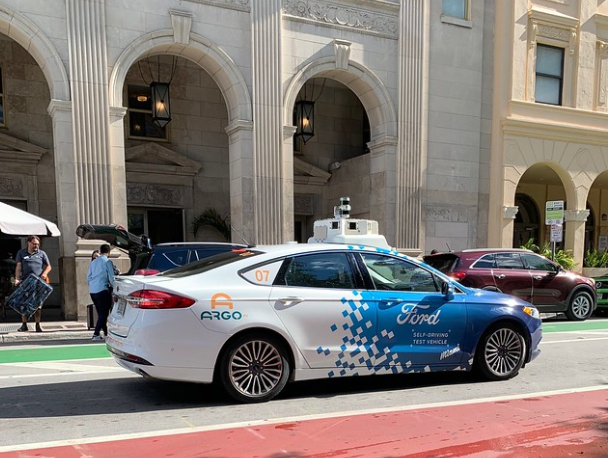
Ford said that they expect to have a Level 4 automated vehicle by the year 2021. This means no gas pedal nor steering wheel. Keep in mind they hadn’t reached Level 3 by the time of this claim.
Come 2019, Ford’s CEO admitted they jumped the gun on automated vehicle predictions. They plan to largely narrow the self-driving fleet released in 2021, otherwise known as a trial.
Honda has been working with Waymo since 2016. They initially wanted to have self drivers on the highway by 2020. But in 2018 the two entities cut ties over a business disagreement. They’re now working with Cruise Automation, but their progress is lagging.
Toyota made the same claim that Honda initially did. They invested one billion into their own Toyota Research Institute. Gill Pratt of the facility said that regardless of anyone’s claims, no one is even close to Level 5 autonomy.
Tesla is perhaps the boldest of the bunch. We all remember when Elon Musk said he’d have a Tesla drive itself from LA to NY without a hand touching the wheel. Let’s be clear that this didn’t happen, but Teslas do prove effective in Level 4 autonomy on highways.
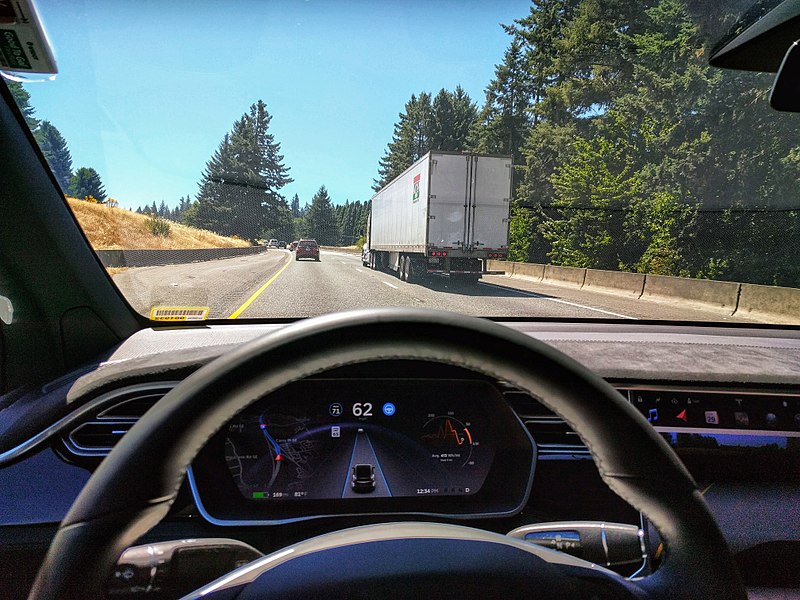
Since then, he’s told sources that he expects his vehicles to be fully autonomous by the end of 2020. It may seem ambitious, but perhaps he’s trying to set an optimistic example for X Æ A-12.
It seems a lot of the makers fell under the pressure of AI hype. While they’re continuing to research, experts are now more well-informed and taking the severity of safety concerns seriously. Regulatory developments also play a factor, and we all know how slow the government can be.
For urbanites in America’s major cities, it seems plausible that AI rides could be the new taxis within the decade. As for having one in your driveway, it may be quite some time.
How self-driving cars could accommodate a more health-concerned culture
Dr. Mattie Milner is a researcher that focuses on how automated technology can tackle societal issues of promoting sustainability, equality, and diversity. She writes,
“The onset of driverless vehicle technology was already set to disrupt the commercial aviation industry before the COVID-19 pandemic. Now, with heightened concerns around safety and fear of sharing an enclosed space with strangers, the commercial aviation industry will be fighting an uphill battle not only to survive, but to rekindle faith in wary travelers.”
Long story short, Milner suggests people will view driverless car technology as a safer alternative to commercial air travel. This is particularly true for short and mid-range drives.
While there may have been a disruption in research, this shift in our society shows that self-driving cars are still the way of the future — at some point.






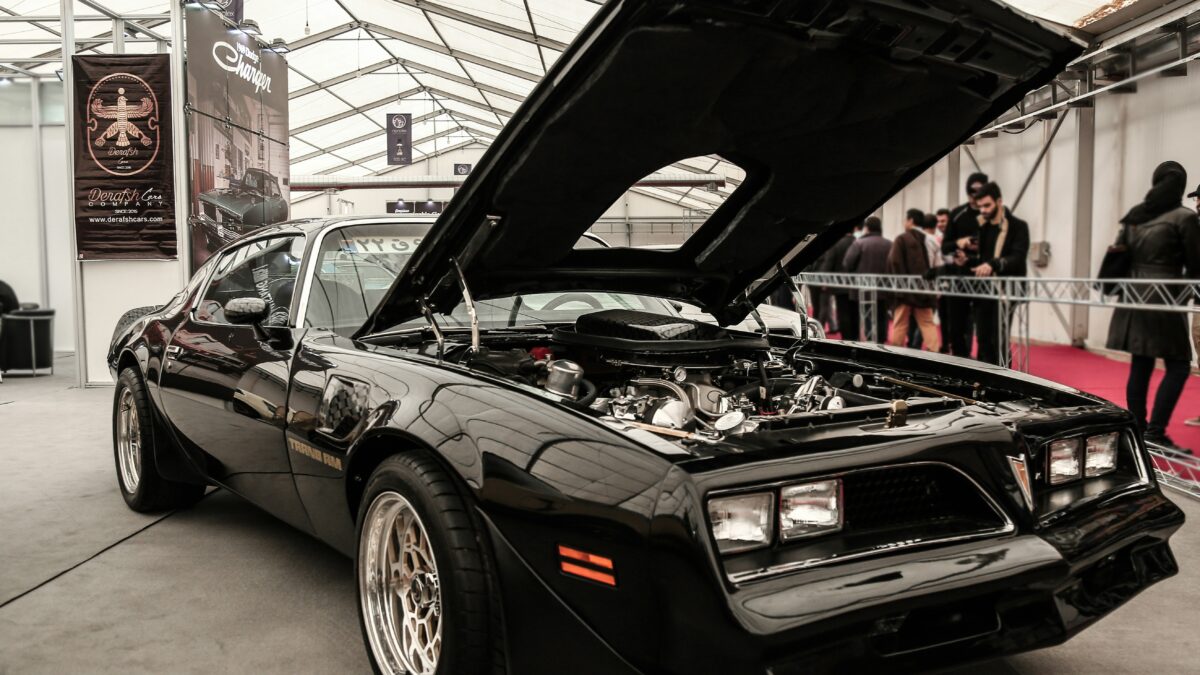





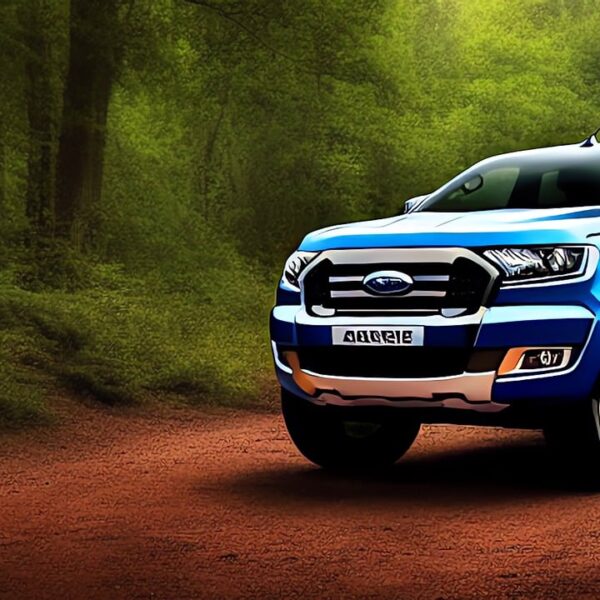


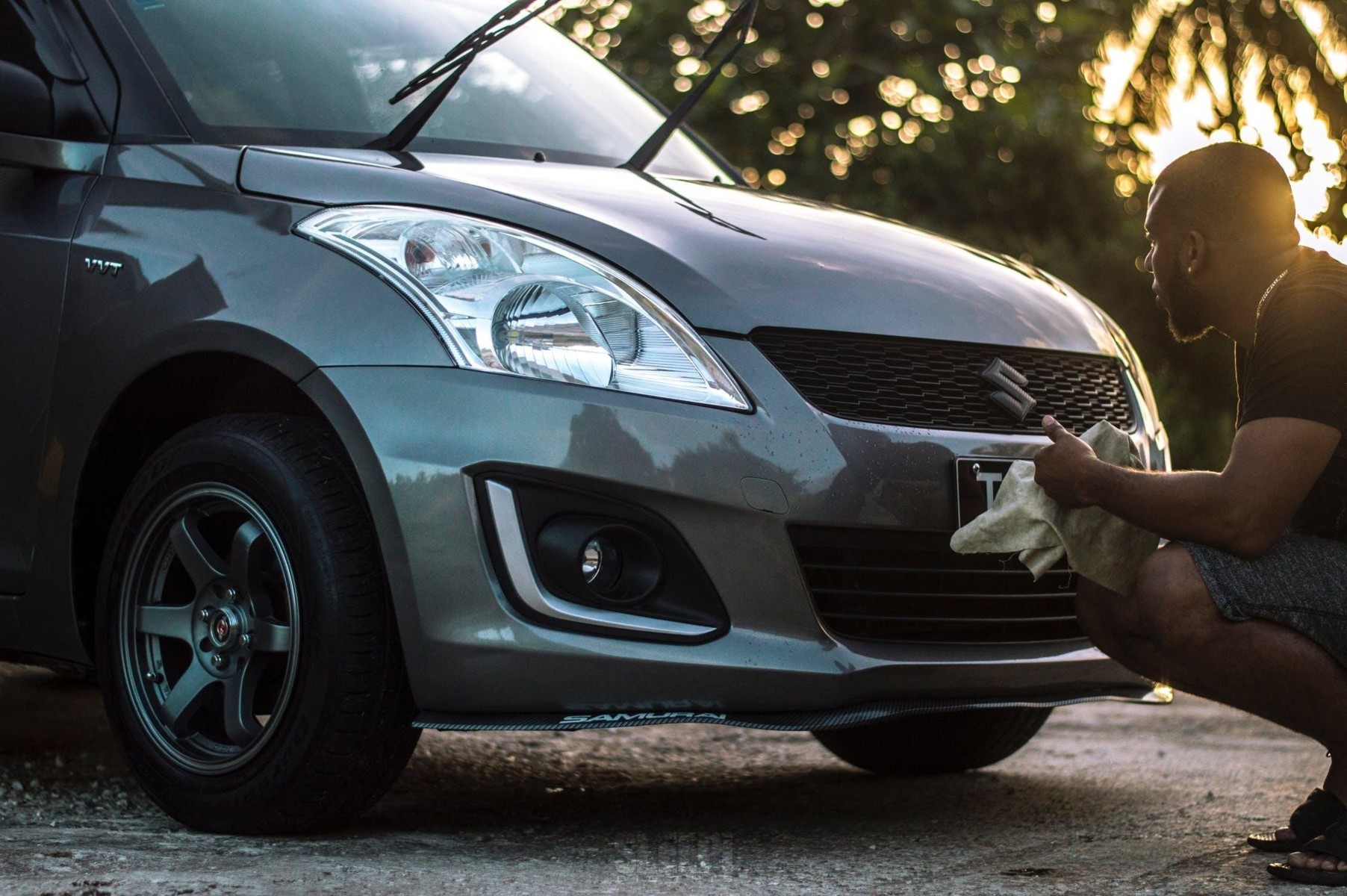
I remember as a child thinking we would have flying cars by now. While I was a bit off, self driving cars sounds just as cool. It is clear that the car of the future is upon us. Giving up control of a car in my mind is a bit scary. But I am excited to hopefully see where this technology goes.
This is interesting, but I don’t think autonomous cars will take business away from airlines, even a short flight on a plane could be 8-10 hours by car. I just don’t see people doing that.
Great read! I’m cautiously optimistic about this automation, but I am also envious of a tesla driving next to me with no hands on the wheel. I think it will be easy for me to evolve, I’m ready for the future of commuting!
I like driving my own car .. this is good as a feature.. but not all the time.